Erasmus Blended Intensive Programme 'Decarbonisation Strategies in Process Engineering'
International Blended Learning
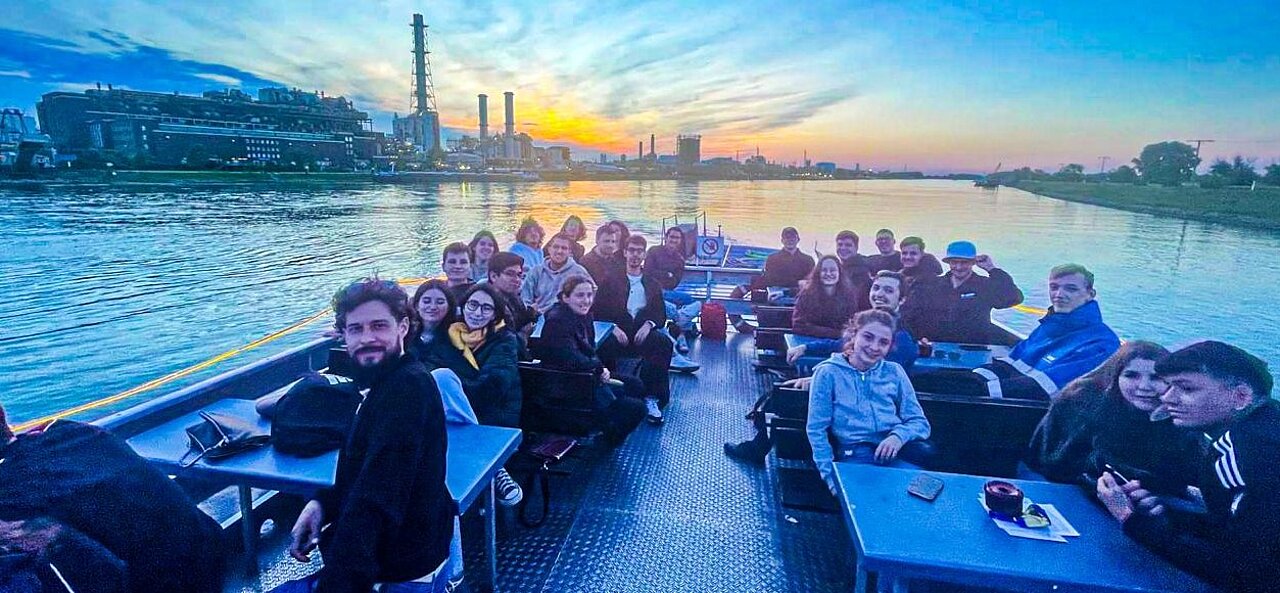
Overview
Field of Study | Process Engineering |
Credit Points | 3 ECTS |
Study Type | Blended Learning with one week mobility |
Campus | Kaiserslautern |
Faculty | Applied Engineering Sciences |
Launch | Summer Semester 2023 |
Program Start | Annually Summer Semester (End of March) |
Teaching Language | English |
Organising Institution | Kaiserslautern University of Applied Sciences |
Participating Institutions | University of Valladolid, University of Padova, Universitat Politècnica de Catalunya (UPC), Turku AMK |
Number of Participants | ~ 25 |

Assignment
The process industry is one of the key industries in the implementation of the Green Deal. The high energy demand that their processes require and the associated CO2 emissions make decarbonisation of these industries a major challenge. Participants will simulate and improve a process in international teams. The teamwork will take place via online tools using a process simulation software.
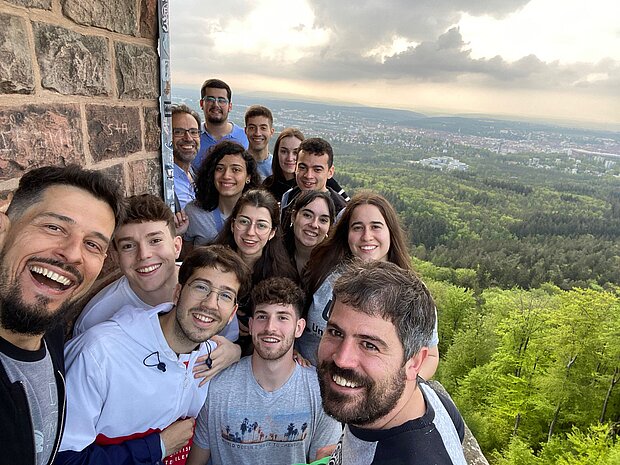
Mobility Week
Following the virtual phase, all participants will meet in person at our university in Kaiserslautern. Within five days spent together, the participants will present the results of their assignments and see the practical application of decarbonisation strategies by visiting global chemical companies in the region. Besides the industry, the region also has a lot to offer in terms of landscape and culture.
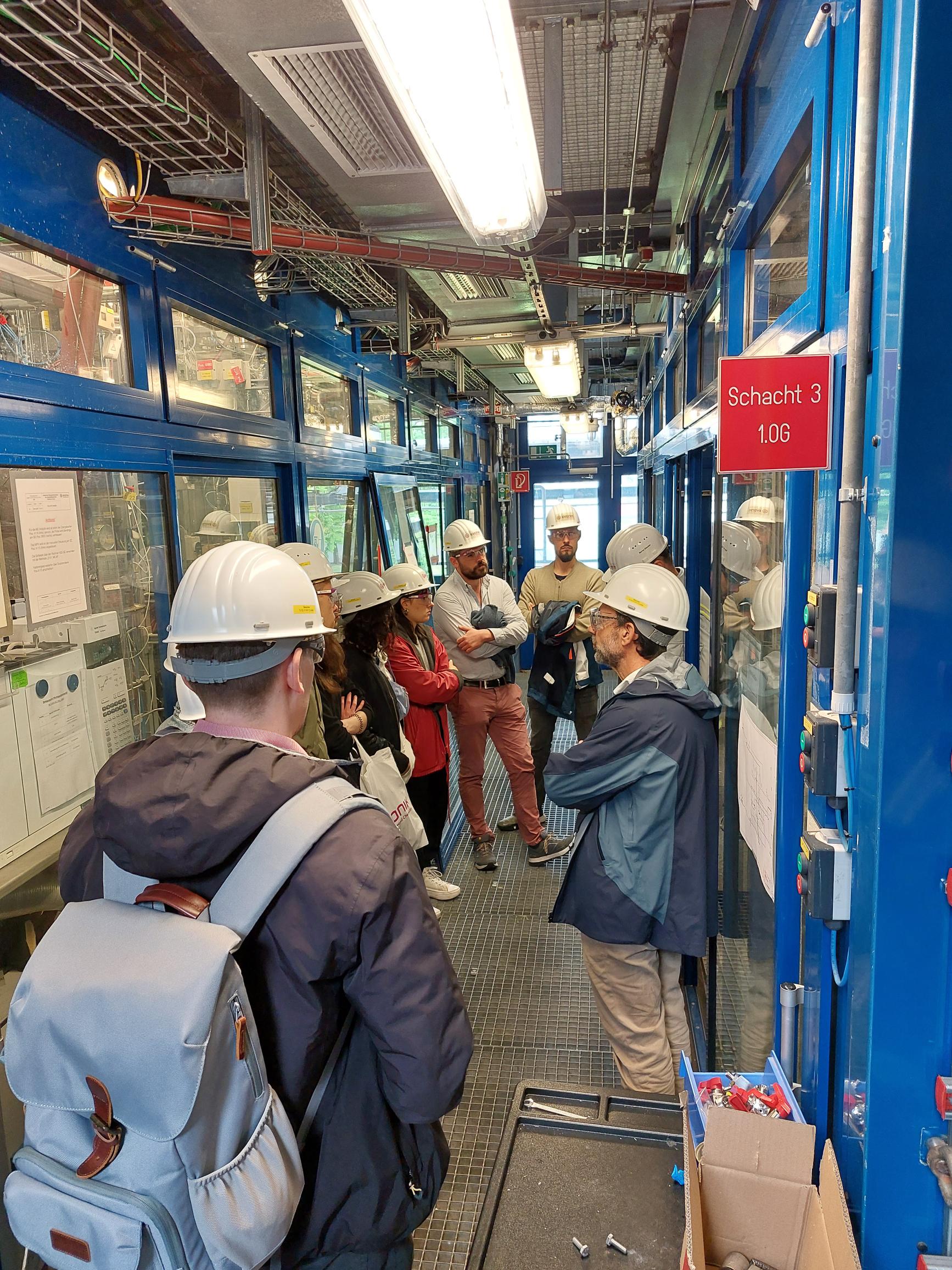
Programme Examples
The programme of the mobility week varies slightly from year to year, it may include:
- Industry visits at major chemical companies, e.g. BASF, Evonik, etc.
- Lab day in our modern state-of-the-art-labs
- Keynotes
- Historical city tours
- Outdoor leisure activities
- Social events

Our campus in Kaiserslautern is very close to the city centre and easy to reach by public transport. Our new buildings, in particular the newly built laboratories with the latest equipment, offer ideal study conditions.
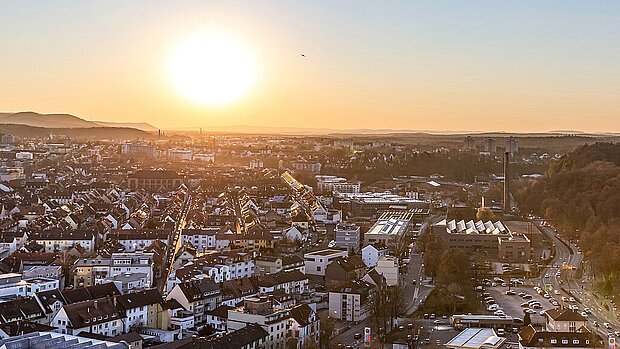
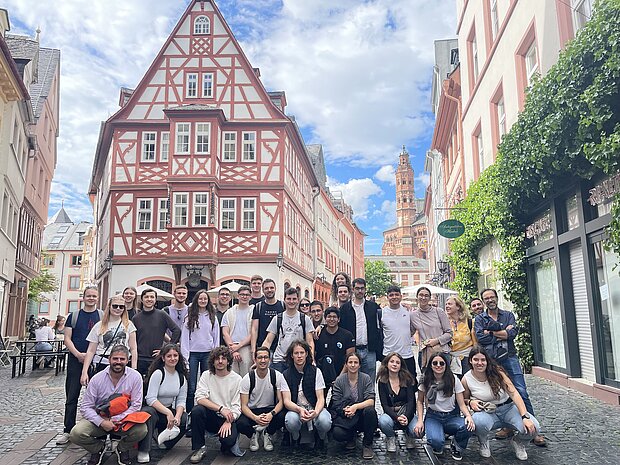
Welcome to Kaiserslautern, a dynamic city nestled in the heart of the south west of Germany.
Home to Hochschule Kaiserslautern, the city has a tradition of academic excellence in diverse fields, including engineering, design, and pedagogy. More than 16% of the inhabitants are students, so it truly is a students’ city. From lively student pubs and cozy cafes to buzzing student associations and sports clubs, there's no shortage of opportunities to connect, engage, and make memories that last a lifetime.
Nature's Playground: The Palatinate Forest, just a stone's throw away from the city center. Hike through lush green trails, cycle along picturesque routes, or simply unwind amidst nature's splendour. Kaiserslautern offers the perfect balance between urban environment and tranquil retreats.
Kaiserslautern serves as the perfect launchpad for exploring Germany and beyond. Paris is only a train ride of 2 ½ hours away.
Contact
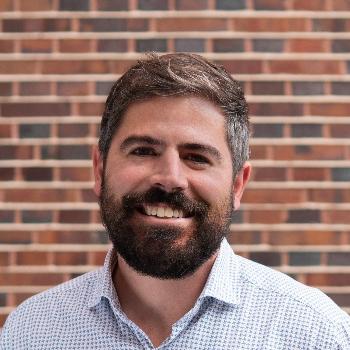
for questions on content
- +49 631 3724-2304victor.lopez(at)hs-kl(dot)de
- Campus Kaiserslautern
- Raum F2.032
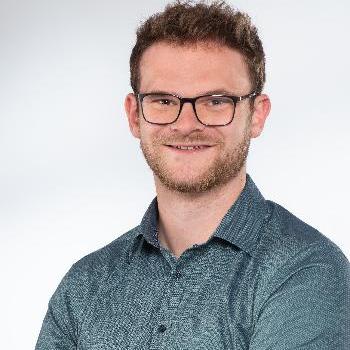
for organisational questions
- +49 631 3724-2487eric.hemmer(at)hs-kl(dot)de
- Campus Kaiserslautern
- Raum H1.111.1
Who can apply?
For the organisation of a BIP a contract between the participating and organising institutions is a requirement, so participation is limited to students of our partner universities listed above.
How to apply?
Please contact your local faculty or international office. Participants will be nominated by their home institution.
Language Proficiency
English
The whole course is held in English, recommended language proficiency is B2.
German
For the participation in the course no German language proficiency is required
Prerequisites
Bachelor and Master students of Chemical or Process Engineering (or similar) with a good basic understanding of thermodynamics and distillation columns are welcome to the programme.
Accommodation
We reserve an accommodation at a special student’s budget price, where all our visiting participants can stay in the same place.
Funding
Participants are expected to obtain Erasmus+ mobility grants from their home institutions.
Important Dates 2026
Start date: 16 March 2026 (virtual)
Mobility: 4 May 2026 - 8 May 2026
More Information
Download the information pdf here
Voices of Participants
I really enjoyed the visits to the companies because I learned a lot about our future as engineers. I also enjoyed a lot the free time with all the students.
Student
My personal highlight was the possibility of seeing real industries and getting to know people from the same field but different countries, which makes you see things from a different perspective.
Student
It was the possibility to meet different engineering students and to get to know more about their specific fields. The social aspect of the program was the highlight.
Student
Voices of the International Teaching Team
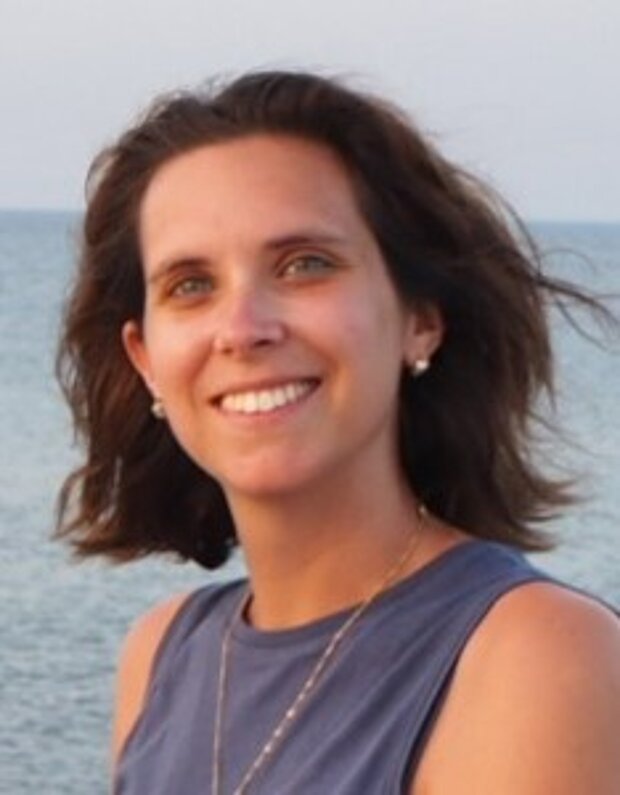
"The programme offers an authentic opportunity to get in touch with relevant industries and understand about their effort towards decarbonization, as well as to exchange ideas with peers, teachers, and industrial representatives in an informal environment. As a teacher, it is a pleasure to be in touch and provide support to a group of motivated students who are willing to contribute to boosting sustainability in the chemical industry"
Elena Barbera, University of Padova

"I have attended the BIP on decarbonisation in two courses, and in both cases the experience has been magnificent. Magnificent for me, because of the enriching contact with professors and students from other universities, and because of the invaluable contact with professionals in a sector at the frontier of knowledge. Magnificent for the students, as they have acquired the experience of working on an attractive and up-to-date project in an exciting international environment. A great professional and personal experience."
Rafael Mato, University of Valladolid
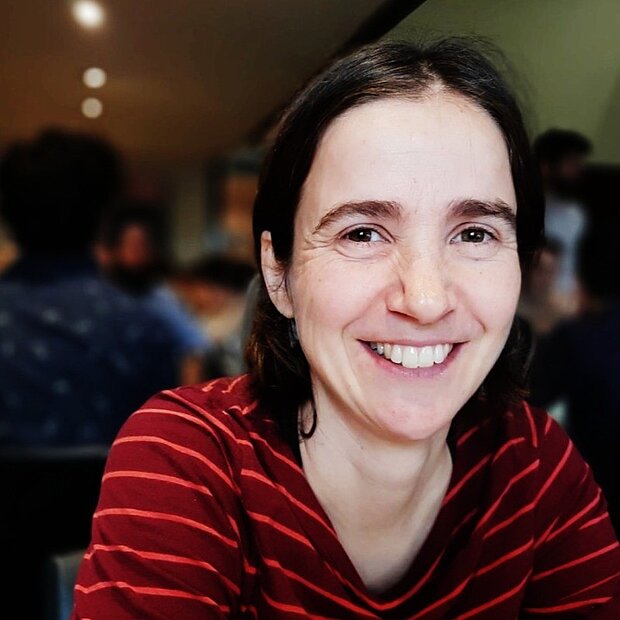
"Any Erasmus mobility program inherently enhances language skills and social abilities in international environments. This BIP, furthermore, serves as an inspiring platform for engineering students, offering them opportunities to visit leading chemical companies and attend expert talks led by industry professionals. These experiences motivate students to think: "I would like to explore this field" or "I aspire to follow a similar path"."
Alba Àgueda, UPC - Universitat Politècnica de Catalunya